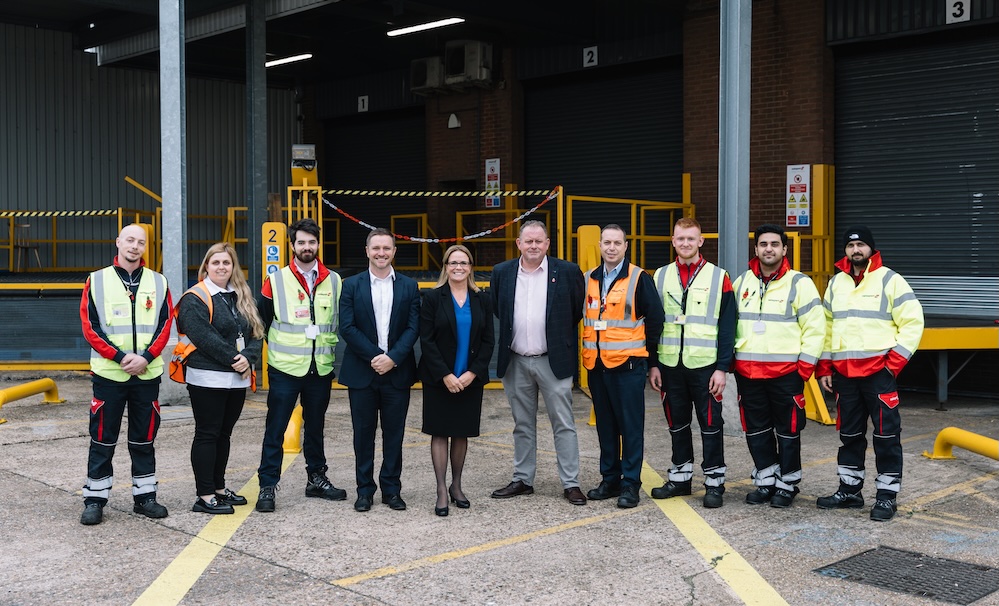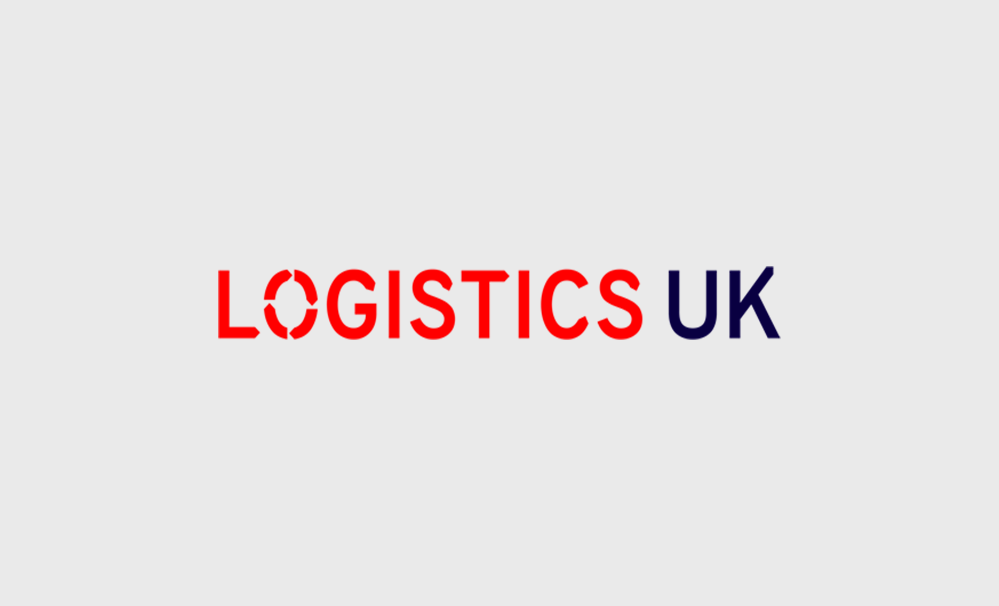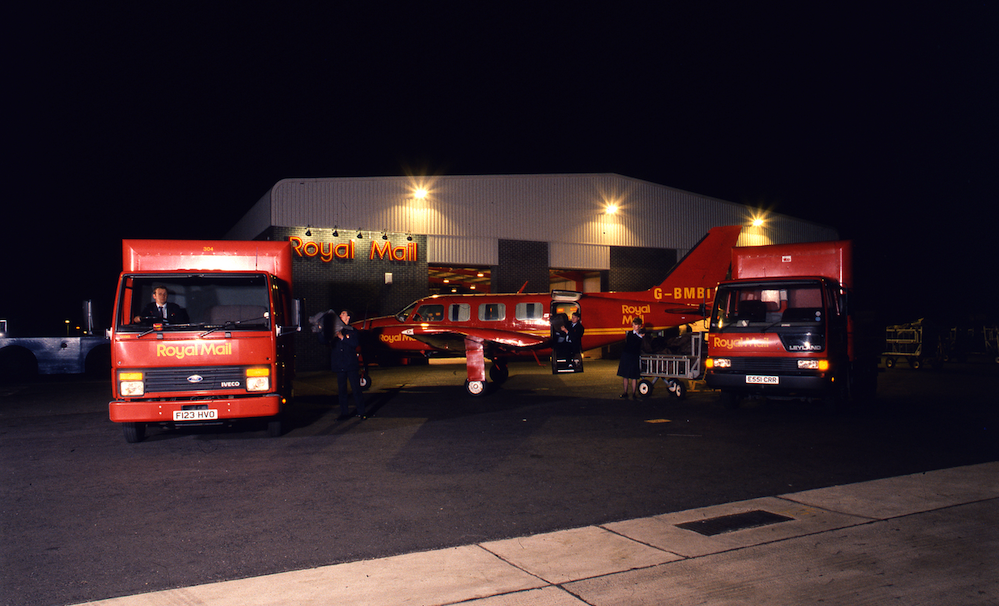Air cargo costs have risen significantly in the past 18 months or so. Decreased aircraft hold capacity has been an issue globally and is expected to remain a problem for some time. Private chartering offers an alternative to commercial services. If approached right, air chartering can offer many benefits and be well priced.
Advantages of air cargo charter
Just as with passenger flights, there are commercial and private options for cargo transport. Cargo space can, of course, be hired with commercial airlines or dedicated cargo operators. These fly on scheduled routes together with other cargo.
Private charter involves hiring an entire aircraft for your own cargo needs. Flexibility and speed are the main advantages here. An aircraft can be hired for any route and at any time. There is no need to fit shipments around commercial options and less risk of delays or cancellations. This is vital for time-critical shipments – such as medical supplies or anything critical to a company supply chain.
Charter in the current environment
COVID-19 and the slowdown in aviation have severely impacted commercial options for both passenger and cargo flights. IATA does not expect passenger numbers to reach pre-COVID levels until at least 2023. In some regions, it could take even longer.
Reduced passenger volumes have become a serious issue. With less aircraft flying, there is less cargo space available, and this has driven rates up. We have seen many airlines convert passenger aircraft for freight use, but capacity is still reduced.
As well as higher prices, there is increased uncertainty in cargo availability. Both of these factors make private charter even more appealing. It is more secure and guaranteed and also available at less of a markup than before.
Aircraft to match your needs
The key to getting the best value of private charters is selecting the right aircraft. With commercial flights, cargo is charged by volume and weight. This allows easy changes in cargo and corresponding rates. With private charters, you pay for the entire aircraft. Selecting the right aircraft size is very important.
You want the right amount of space, but paying for an aircraft too large will raise the price. With a charter, this can, of course, be changed for each flight. It is also possible to share cargo space with other companies, lowering unit costs.
Empty leg and one-way charters
One option to further reduce cargo costs is to look for the availability of empty legs. This is where an aircraft has been chartered for a one-way flight and then needs to fly an empty return or onward leg. Charter companies often offer such flights at significantly reduced prices.
If you have more flexibility in cargo routes, you are more likely to benefit from empty legs. You may need to wait longer than you would with a private charter or consider alternative departure or destination airports.
Final thoughts
Private cargo charter offers flexibility and speed but comes at a price. In the current market, though, it may offer even more value for a good price compared to higher than usual commercial rates. Consider the options available next time you are looking at cargo flights.
For more information on how air chartering can help to reduce cargo costs, contact Flightworx today.








